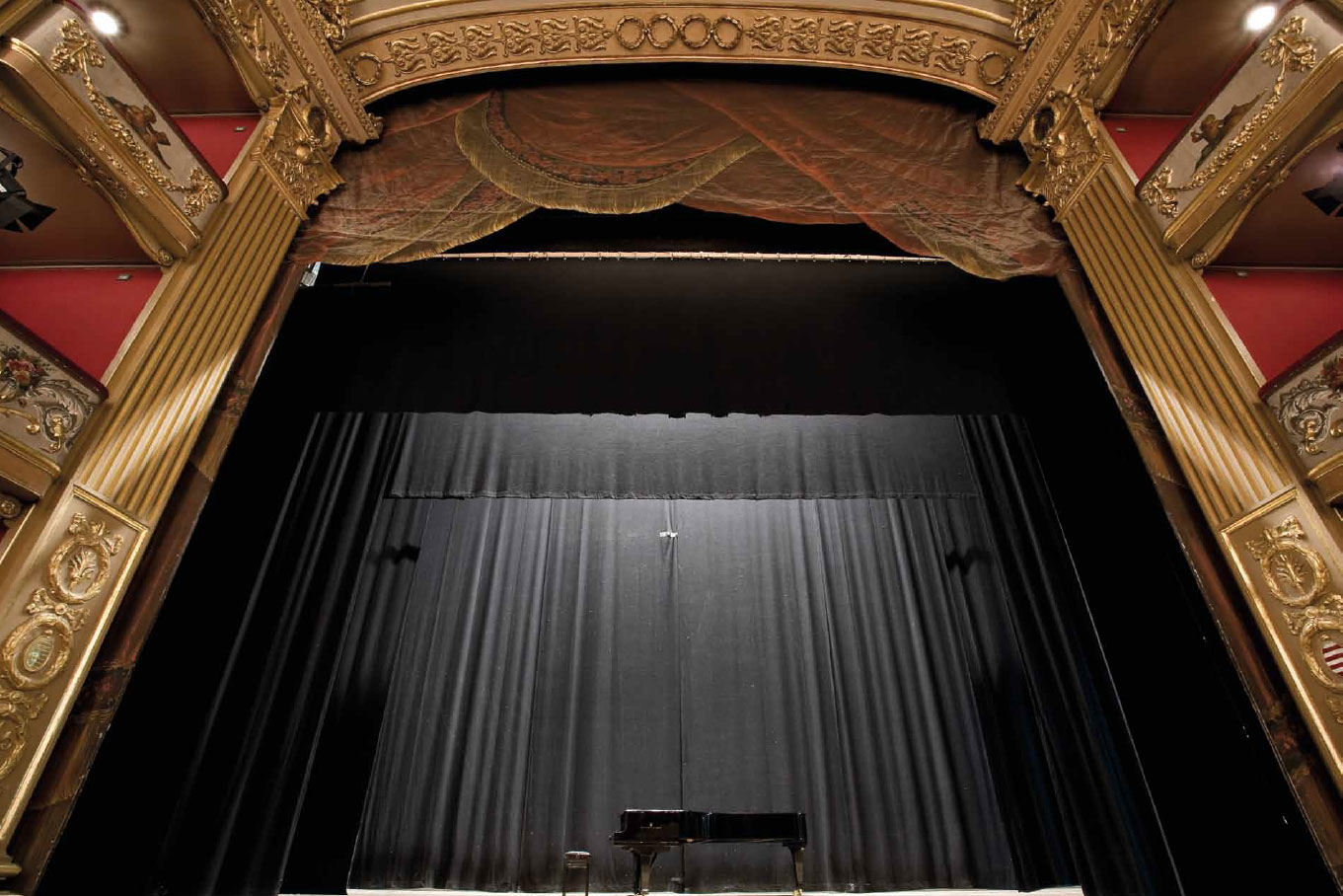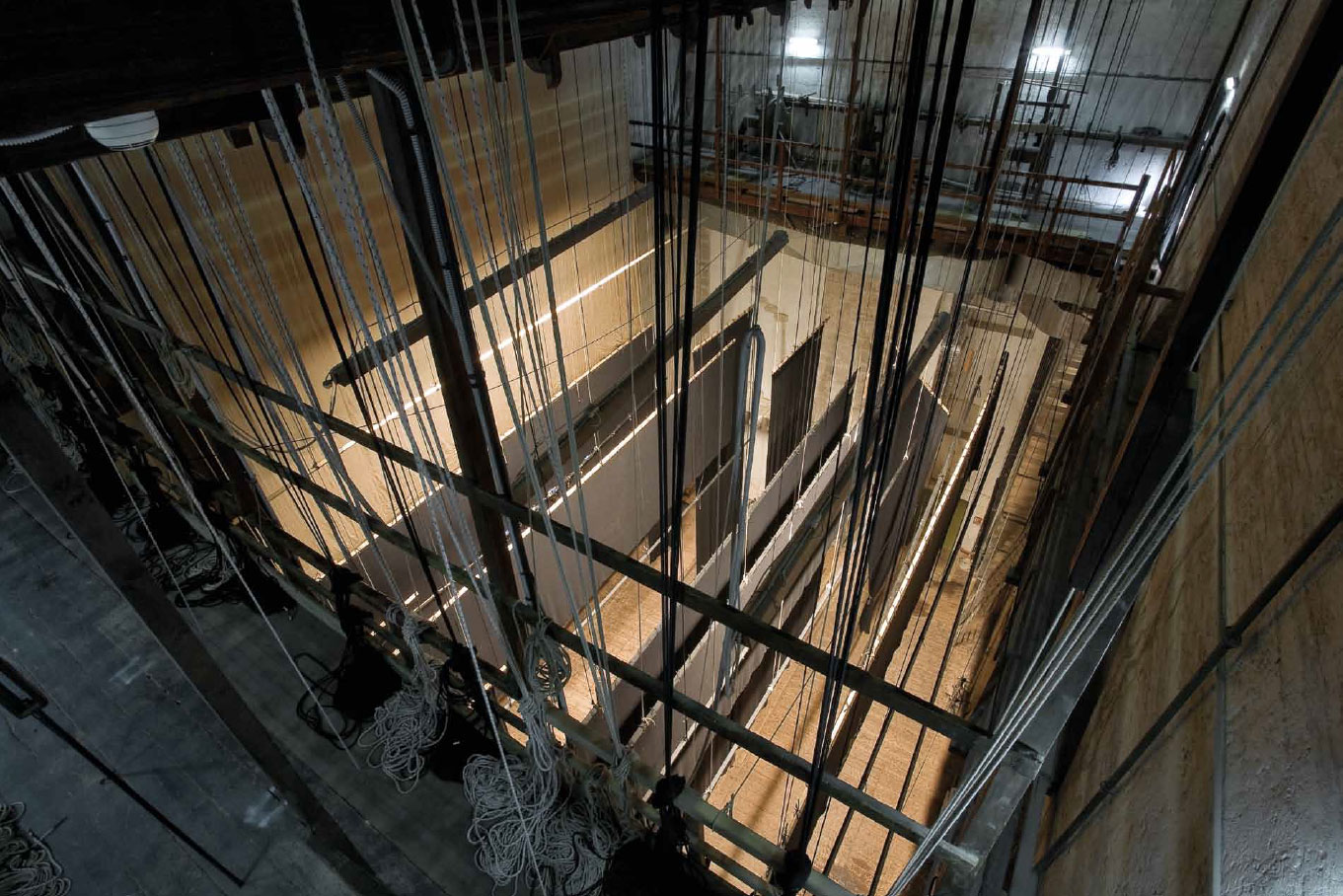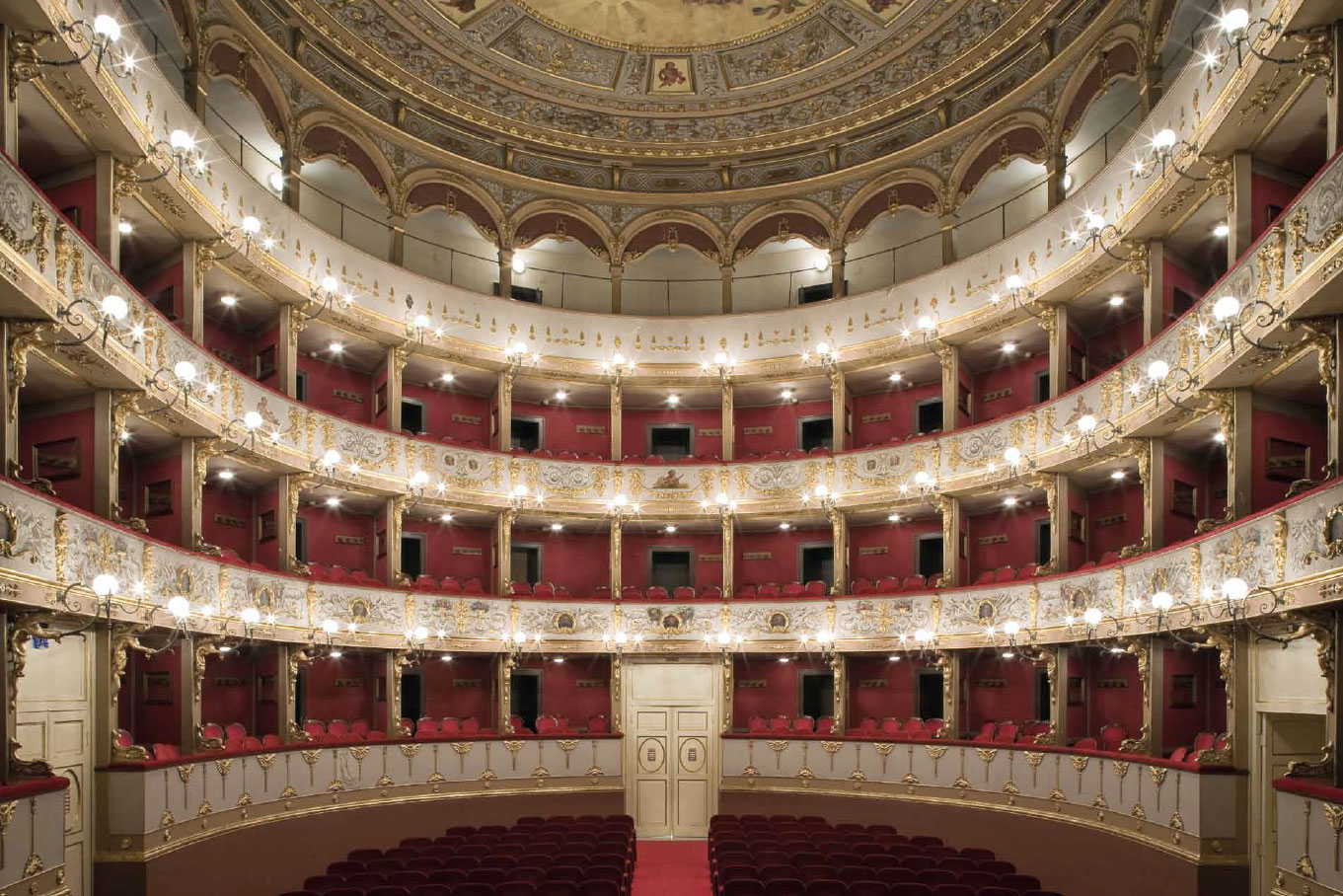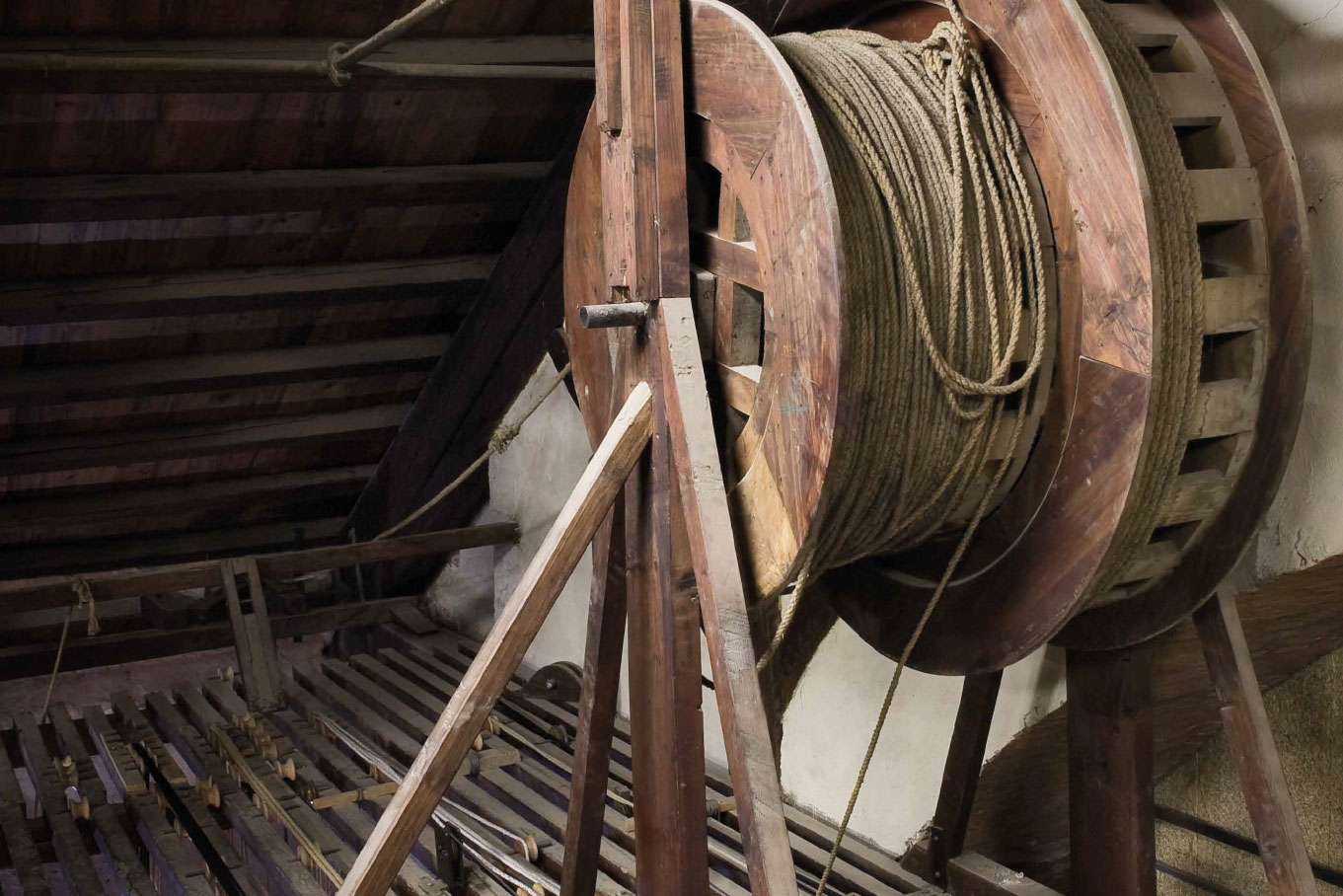A plan for the theatre of a town
Barletta - Giuseppe Curci’s Theatre
Historical theatre, 500 seats
Artistic director: 2009 - 2013
183 productions
306 performances
+30% increase in the audience
91 % productivity average per season, calculated on number of available sits, performances, tickets sold
Curci’s Theatre is one of the jewels of Italian architecture: 500 seats for a town with 100,000 people. It is the theatre of the town. The challenge is to model a theatre season that establishes the theatre identity but that makes it attractive for anyone as well.
Anyone working in the theatre sector knows what theatre s/he likes, anyone has his/her perfect model in mind as much as any football fan knows who should take part in the winning team when faced with the World Cup. And yet when you are the coach, all good ideas and favourites blur into growing doubts.
As a theatre director, I believe that a theatre season is like a one-year long director’s job.
The focus is as much on the opening of the curtains as on how to make the audience love each and all of the characters on stage. Focus is as much on making people laugh as on having them cry. And eventually, focus has to be on how to close the curtains but also on how to inspire people so that they come back.
The key is to understand how you should direct the audience’s breathing, that audience’s one, the audience that your theatre is going to attract.
This can only be achieved by not giving to the audience what they like rather offer them what they will like in the future. A successful artistic director plays the role of the leader and shows the way to his/her own audience. Others let themselves being uncarefully guided by the audience. The latters will be trapped in the effort of guessing what the audience likes and will be unable to guess what the audience will ask tomorrow when they would have discovered a new artist. Four years spent working at Curci’s Theatre have been an enriching individual and professional experience thanks to the collaboration of a very clever and well educated mayor, Nicola Maffei, and a hard-working staff.


















